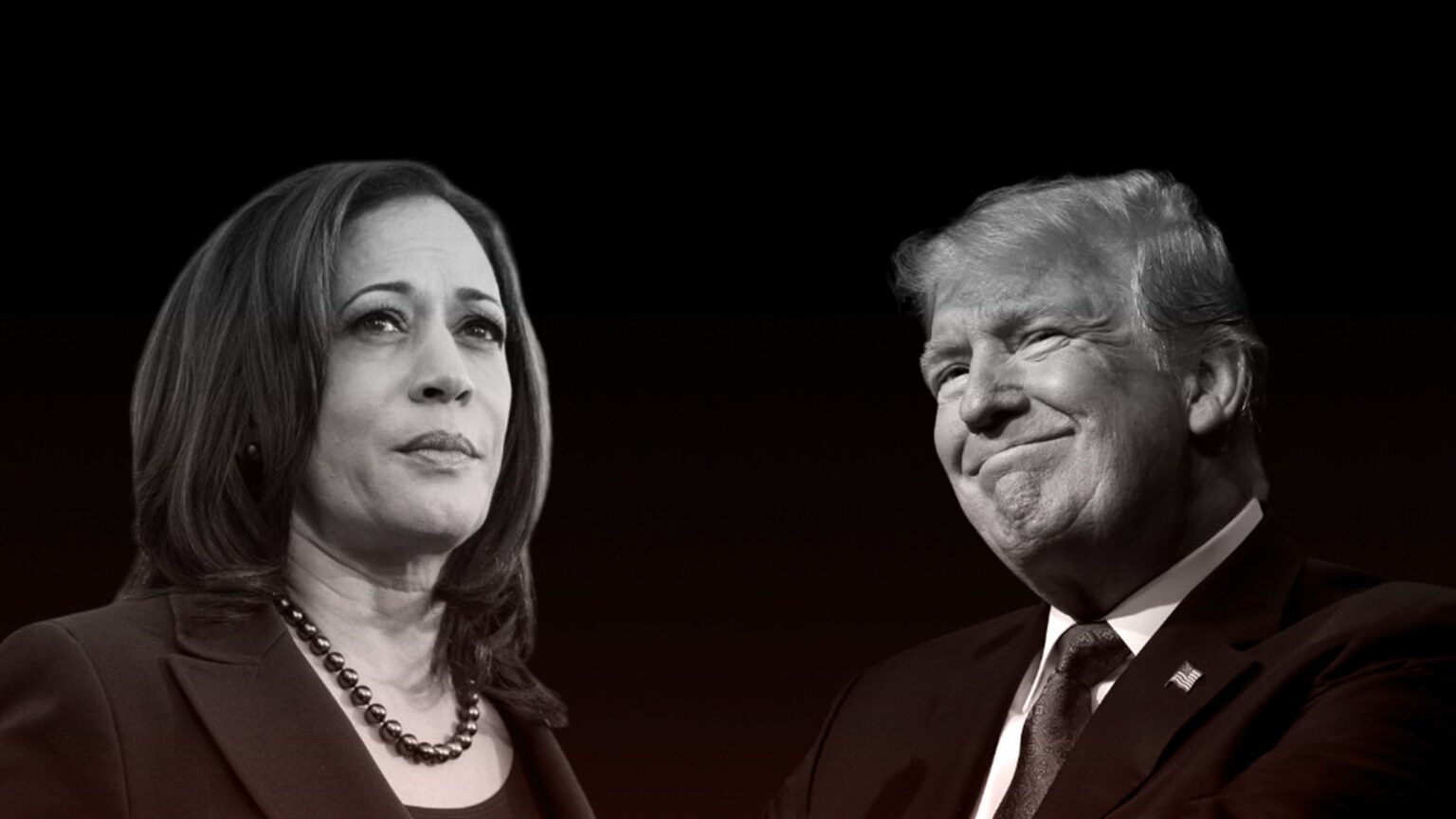The debate between Donald Trump and Kamala Harris was an event filled with anticipation and unexpected turns. Originally, Trump had prepared to face off against Joe Biden, continuing their rivalry from the 2020 election. However, Biden’s withdrawal from the race following his poor performance in the June debate against Trump left the Republican nominee facing an unfamiliar opponent: Kamala Harris.
Harris, stepping into the Democratic nomination, has brought a fresh dynamic to the presidential race. With her background as a prosecutor and experience from previous debates, Harris is well-prepared for Trump’s unpredictable style, especially his sharp attacks, which are often directed at female opponents. Her preparation involved strategies to handle Trump’s aggressive debating tactics, including possible interruptions.
The debate, set in Philadelphia, Pennsylvania—a critical swing state—comes at a time when polls indicate a tight race, with both candidates nearly tied nationally and in key battlegrounds. Trump, still adapting to Biden’s sudden exit, has been working on his approach with help from figures like Tulsi Gabbard, as his team attempts to keep him focused and disciplined.
Steven Fein, a presidential debate expert, suggests that this debate could be more psychologically charged than previous ones. Trump’s past behavior, particularly when confronted by female opponents, combined with Harris’s identity as a woman of color, adds another layer of complexity and potential for dramatic moments.
The outcome of the debate could significantly influence the final weeks of this tight election, especially given Pennsylvania’s importance in the electoral college. Both campaigns recognize that the stakes are incredibly high.



